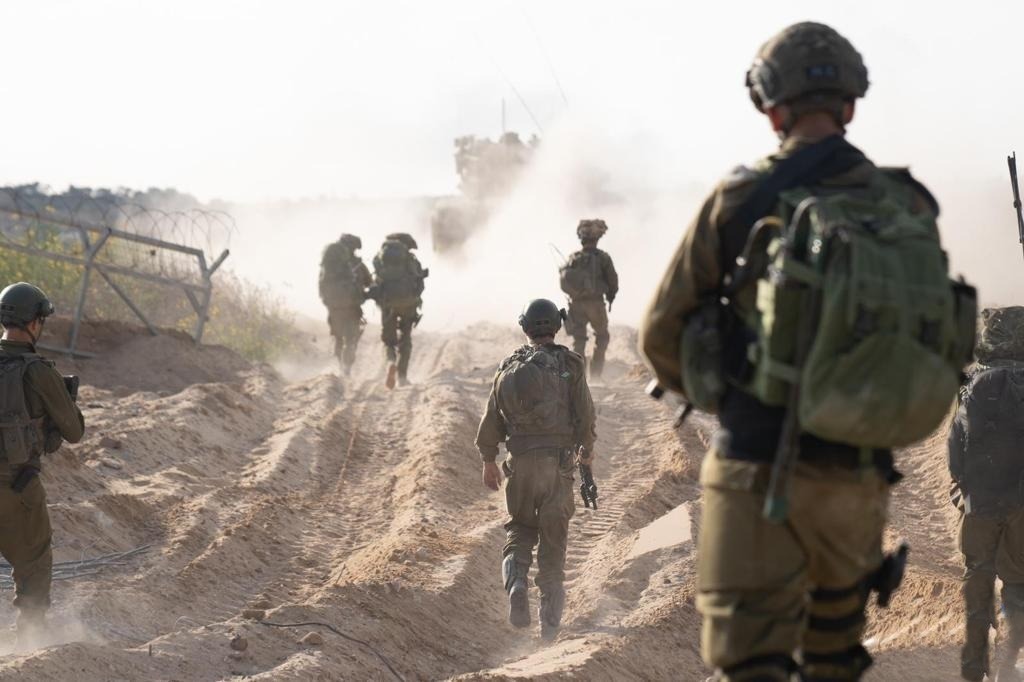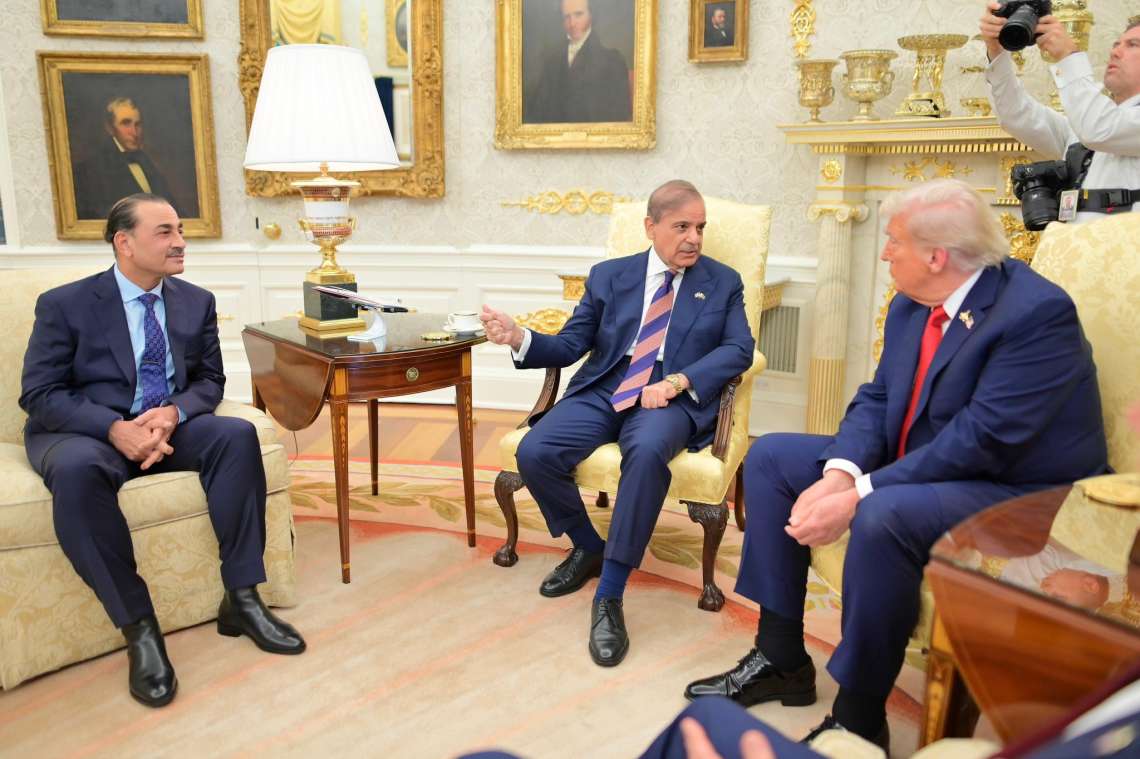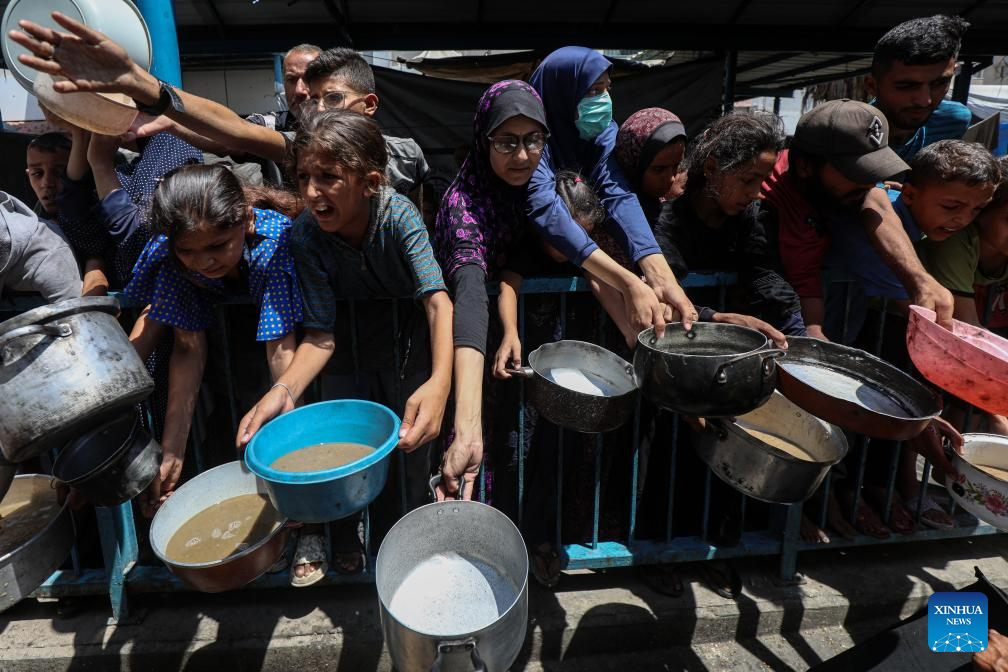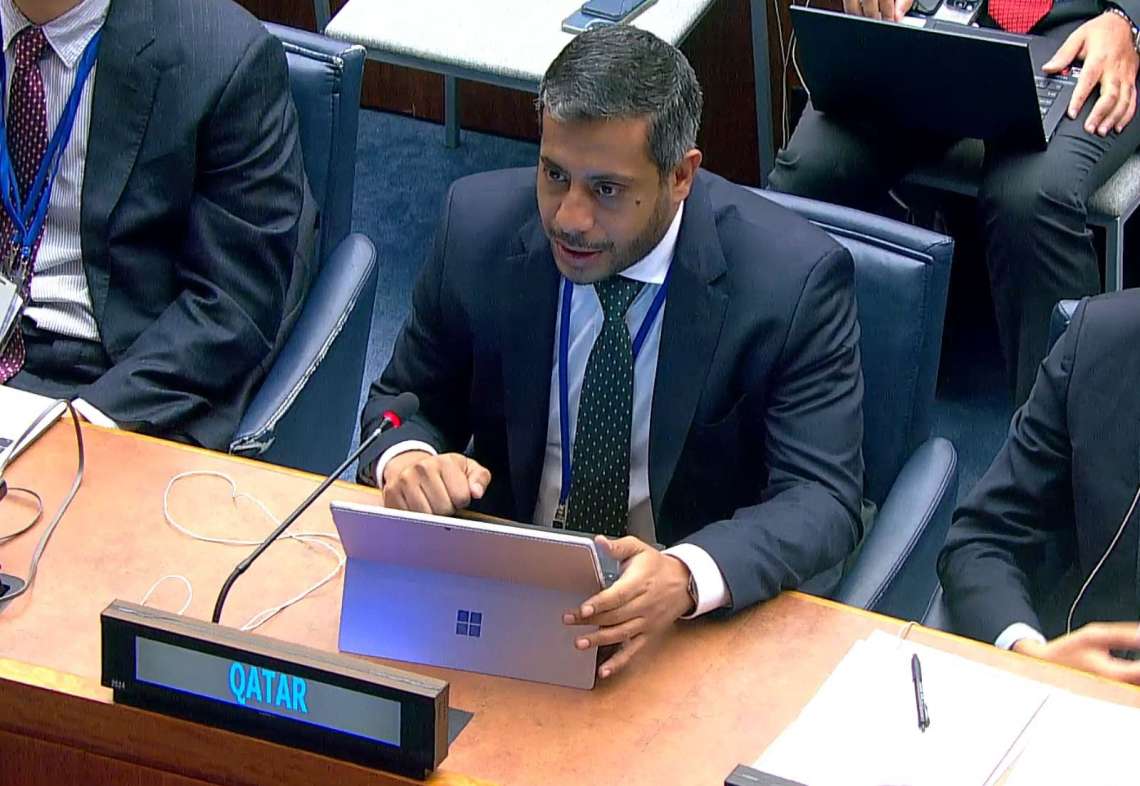At least 200 trucks loaded with humanitarian aid and medical supplies, including four fuel trucks, will be allowed into the Gaza Strip during the ceasefire….reports Asian Lite News
A four-day humanitarian pause deal agreed by Israel and Hamas came into effect in Gaza on Friday, which allow the release of at least 50 hostages in the duration of the temporary ceasefire.
The pause in hostilities, which began at 7 a.m. (local time), came on the 49th day of the Israel-Hamas war which erupted on October 7 after the militant group launched its unprecedented attack on the Jewish nation.
Under the deal reached on Wednesday under the mediation by Qatar, Egypt and the US, the Hamas said that it will release about 13 hostages at 4 p.m. on Friday as the first stage of the agreement, reports Xinhua news agency.
Hamas, which has been ruling Gaza since 2007, will hand over the hostages to Egypt. In turn, Israel will release 150 Palestinians, including women and children, from the Israeli jails. Israel is expected to stop all its military operations in the Gaza Strip as part of the four-day pause.
Meanwhile, at least 200 trucks loaded with humanitarian aid and medical supplies, including four fuel trucks, will be allowed into the Gaza Strip. The ceasefire will also facilitate the reopening of the Rafah crossing between Gaza and Egypt to allow the return of stranded Palestinians waiting in the Arish area, according to the Palestinian Embassy in Cairo.
Israel has notified the families of the hostages set to be released on Friday, the country’s coordinator for hostages and missing persons, Gal Hirsch, said in a statement. Hirsch said “liaison officers have informed all of those families whose loved ones appear on the list, as well as all of the hostages’ families”.
Israel has published a list of 300 names of people eligible for release in the exchange. The vast majority are male teenagers aged between 16 to 18, although a handful are as young as 14. The first hostages expected to be released will include members of the same families leaving together, Qatar Foreign Ministry spokesperson Majed Al-Ansari said in a news conference earlier Thursday.
“They will be 13 in number, all women and children, and those hostages who are from the same family will be put together in the same batch,” CNN quoted Al-Ansari as saying. The Israeli army said it was ready to implement the ceasefire, but warned Hamas that “even the slightest violation would result in a severe response”.
The ceasefire was originally due to start on Thursday but was delayed as the two sides were finalising the details of hostage release. According to the Israeli authorities, 235 people are held captive in Gaza, including Israelis and foreign nationals. About 40 of them are reportedly children.
So far, four civilian hostages have been released by Hamas; one Israeli soldier was rescued by Israeli forces; and three bodies of hostages have reportedly been retrieved by Israeli forces. Since the war started, more than 14,800 people have died in Gaza, over 1,200 in Israel and 223 in the West Bank.
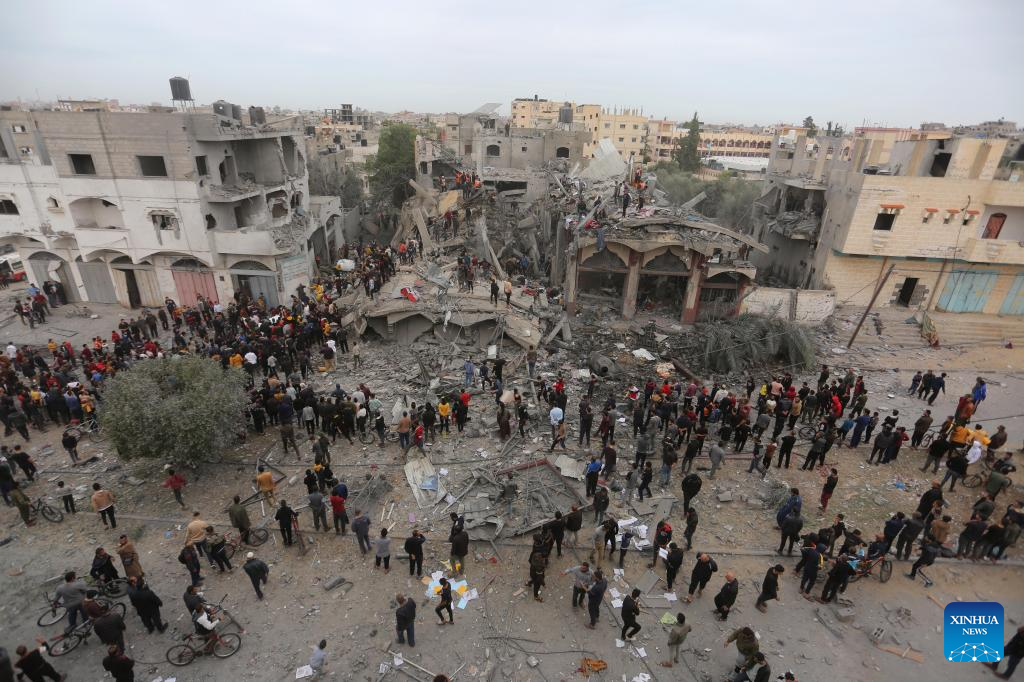
Fuel, Aid Trucks to Enter Gaza
In a breakthrough agreement, Egypt announced the daily entry of 200 trucks carrying humanitarian aid, a total of 1,30,000 litres of diesel, and four trucks of gas into the Gaza Strip during the pause.
The Palestine Red Crescent Society said that that 80 aid trucks carrying food, water, medical equipment, medications, and relief supplies entered Gaza through the Rafah crossing on Thursday.
A large aid convoy is positioned at the Egypt-Gaza border, ready to move into the strip immediately after the truce between Israel and Hamas begins, an official told CNN.
The entry of fuel was allowed in the besieged enclave on November 18, following approval by Israel’s war cabinet to facilitate regular deliveries to the besieged enclave.
Israeli military spokesperson Rear Adm Daniel Hagari said that the fuel would support desalination facilities providing water to the southern strip. The oversight of this process is led by the United States and Egypt.
The decision taken earlier allowed two fuel tankers a day to enter Gaza, providing essential support to the water and sewage systems on the verge of collapse due to a lack of electricity.
The decision was made in consultation with the Israel Defence Forces and Israel’s International Security Academy, ensuring it aligns with operational objectives and does not support Hamas, as clarified by Hanegbi.
The rationale behind the decision was framed within the context of avoiding the spread of pandemics, acknowledging the humanitarian crisis in Gaza.
In addition to the aid trucks, 75,000 litres of fuel reached Gaza from Egypt on Thursday, aligning with Israel’s November 18 decision to permit two fuel trucks daily. This is intended to support food distribution, hospital generators, water and sanitation facilities, shelters, and other critical services, according to UNOCHA.
The fuel situation has been a key focus of recent discussions, including those with US Secretary of State Antony Blinken in Tel Aviv earlier this month. The move to allow fuel deliveries comes after weeks of pressure from the US, CNN reported.

